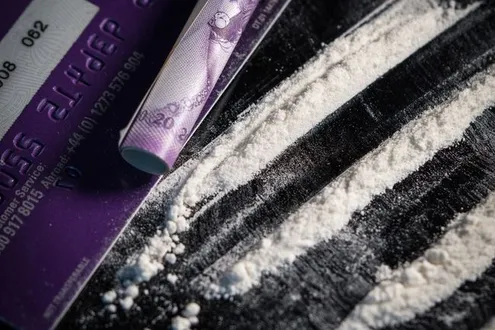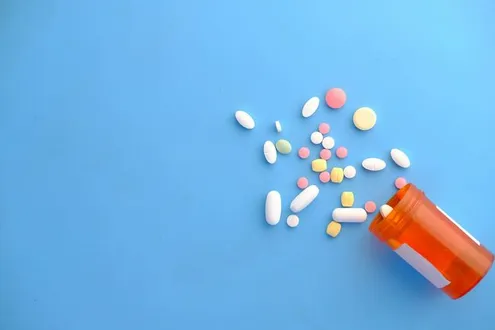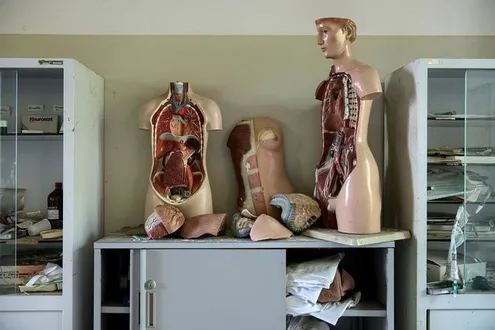Detox is the process of allowing your body to remove all traces of toxic substances, such as drugs or alcohol, from an individuals system if they are physically dependent. From the type of substance misused to the length and severity of the abuse, detox will be different for everyone.
The time it takes to detox varies from person to person and programmes should be personalised accordingly. Detox is the first phase of recovery from addiction. It addresses the physical dependence, allows the body to withdraw from the substance and puts the individual in the best position to commence ongoing addiction treatment and therapy.

The first phase of a rehab treatment programme tends to be detox. The body needs to be cleared of drugs or alcohol. Residential rehabs require clients to be drug or alcohol free before starting the treatment and therapy phase of their programme. Detox is just one element of the addiction rehabilitation process.
Some people may be able to detox at home as part of outpatient rehabilitation and support. For the majority of people and particularly those with severe addictions, detox in a residential rehab centre is more appropriate. Inpatient detox provides round-the-clock support, medical monitoring and is often the safest and most comfortable way to complete the process.
Attempting to detox without medical supervision can lead to serious health issues and detoxing from alcohol can be dangerous due to withdrawal. Detoxing at rehab with experienced specialists can help with the management of unpleasant withdrawal symptoms and medication can be administered as required.
Detox is the first phase of recovery from addiction but it does not address the many associated psychological, social and behavioural problems.

Withdrawal is the process your body goes through when you stop consuming the substance you were regularly using. Many different symptoms can occur as a consequence. What exactly is experienced and to what intensity depends on the type of substance abused and the duration and extent of use.
Detox is the period of time during which the substance is removed from your system. It includes the withdrawal process, coping with the accompanying symptoms and taking care of the body until the substance is out of your system.

The length and intensity of detox depends on several factors. The type of substance used primarily determines how the detox will develop. Equally, the duration and frequency of use plays a pivotal part. The longer and more frequent the use, the more likely that a physical reliance has taken hold. Regular and frequent use of some drugs, such as benzodiazepines and opioids can lead to a physical addiction in as little as 6 to 8 weeks.
On average, the detox process lasts between 7 and 10 days for a substance such as alcohol. Drugs like Heroin is renowned for the intense withdrawal symptoms it induces so can take up to 28 days to detox. However, for most people, even the worst of those symptoms will subside in 5 to 7 days. It’s important to remember that withdrawal symptoms will pass.










